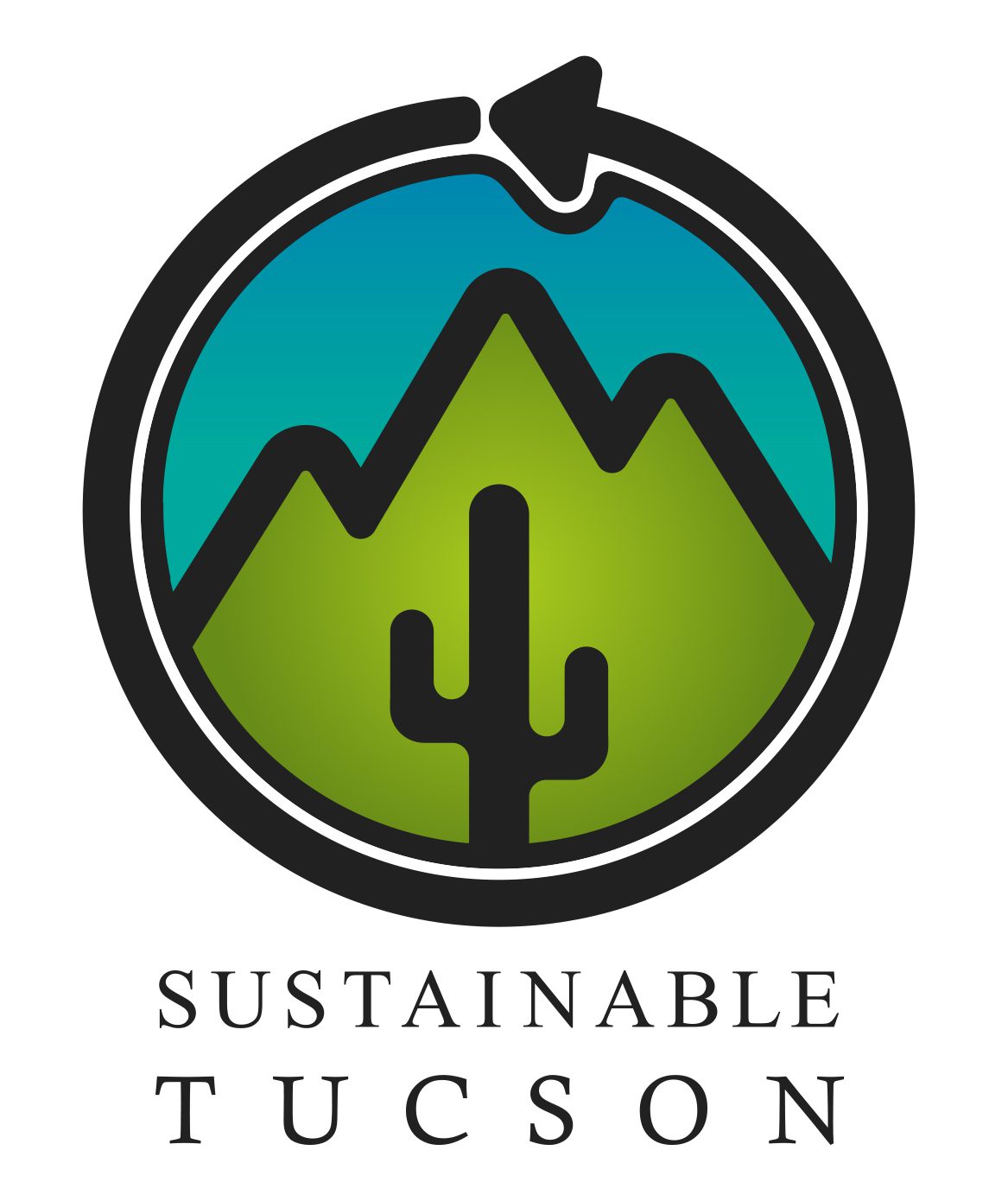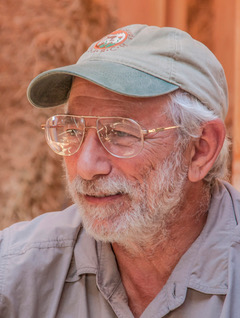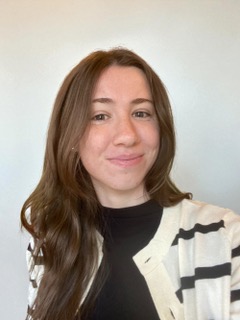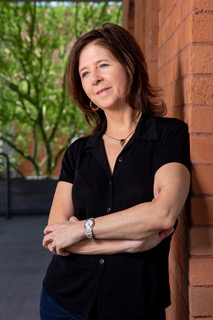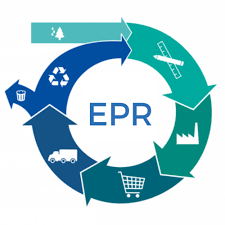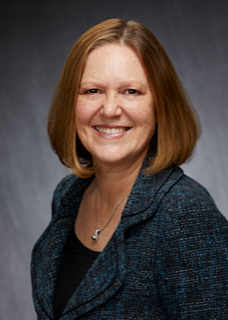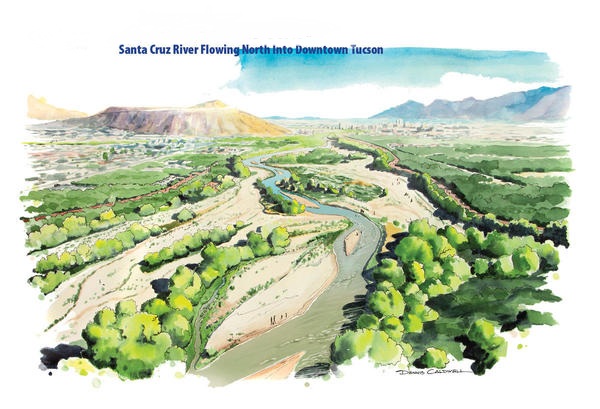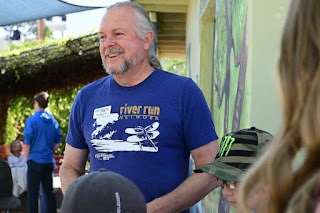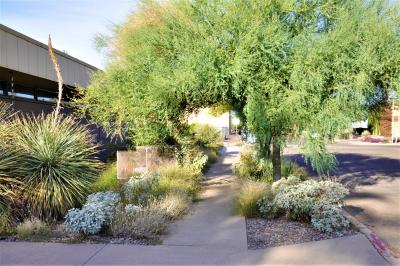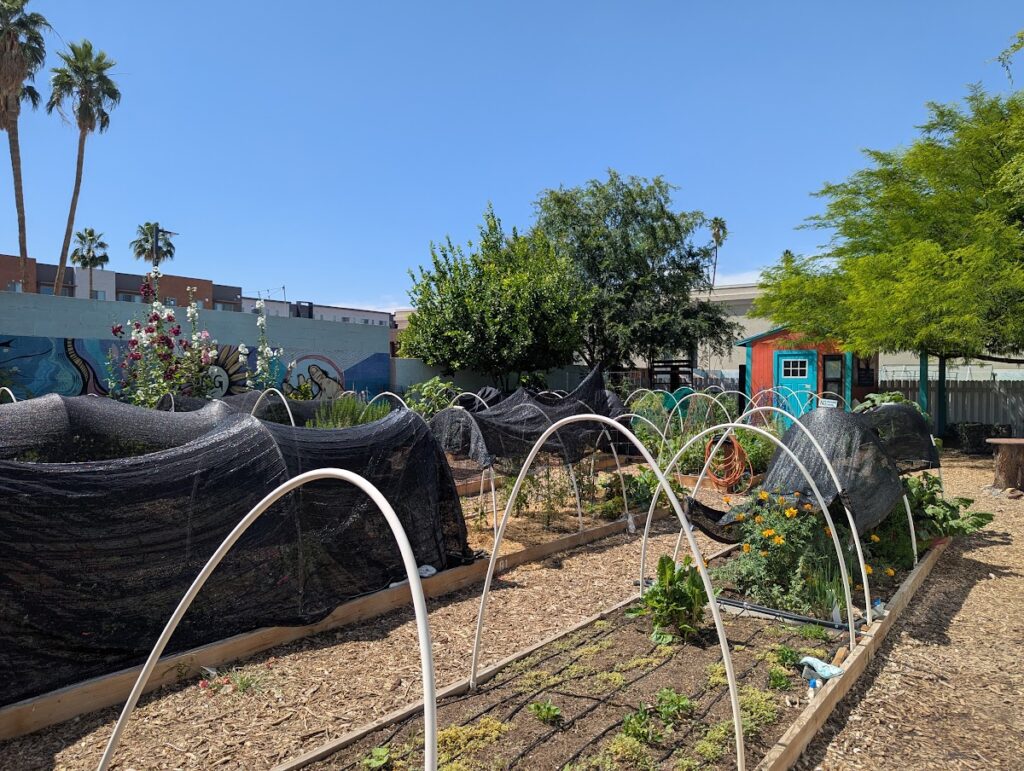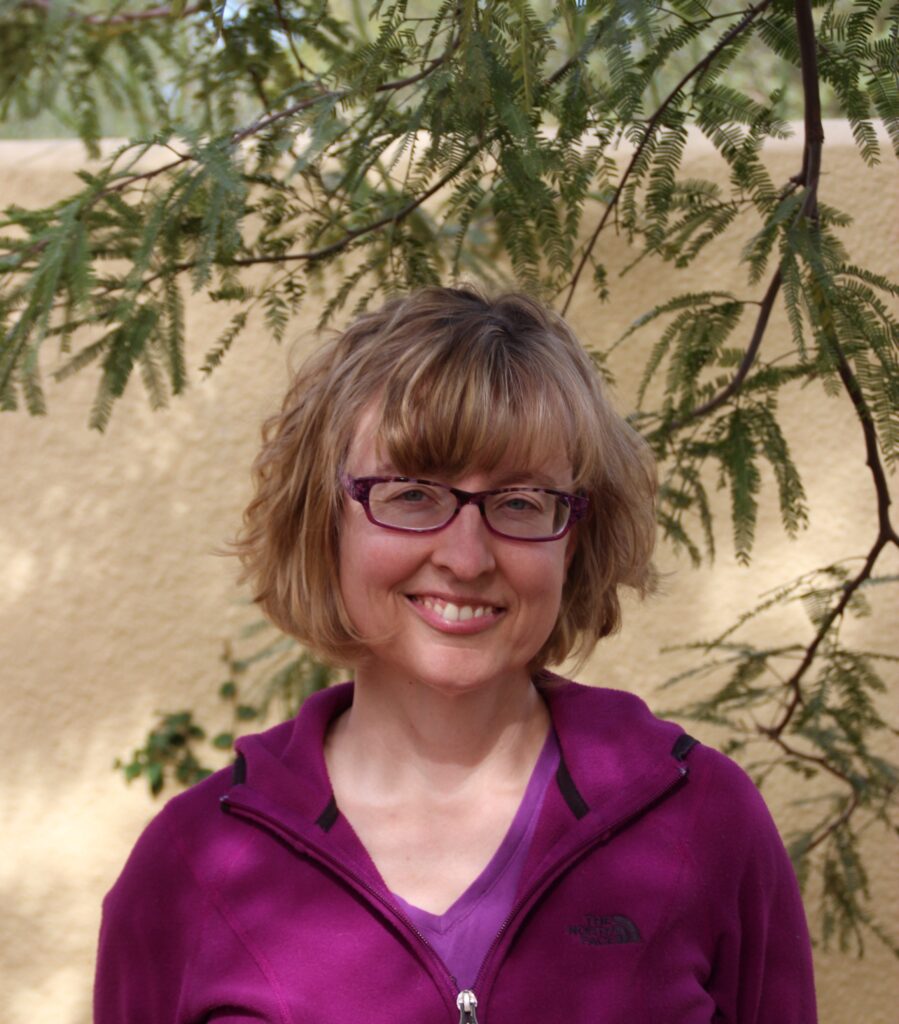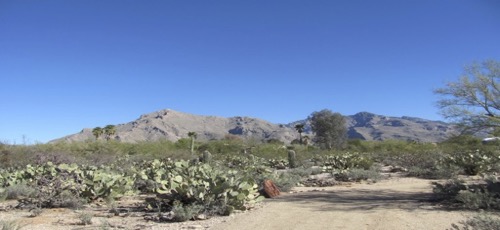January 6, 2026 • 6:00

Join us on Zoom, Tuesday, January 6, at 6:00 pm for our Sustainability Spotlight, “The Environment in 2026: At the State Capital and Beyond.” We expect that the coming year will bring challenges to many important aspects of local and state life, especially looking at environment, health, and related concerns. The program will look ahead at what can be expected in coming months from state (and some national) legislative and administrative actions, with a focus on what will have particular impact on Tucson and Southern AZ – and what we can do.
Our panel now includes State Senator Priya Sundareshan (LD 18), Sandy Bahr, director of the Sierra Club’s Grand Canyon Chapter, and Kirsten Engel, Chief, Environmental Protection Unit of the AZ Attorney General’s Office. They will preview the policies, places, and programs that Arizonans will need to protect and promote. Their complementary perspectives will give us a full picture of what we can and should do – as individuals and as an organization – to support an agenda of environmental protection and justice as we work for a sustainable future.
Following our guests’ comments, we expect a lively question & answer session, with a shared conversation on how to maintain and restore momentum on this work.
